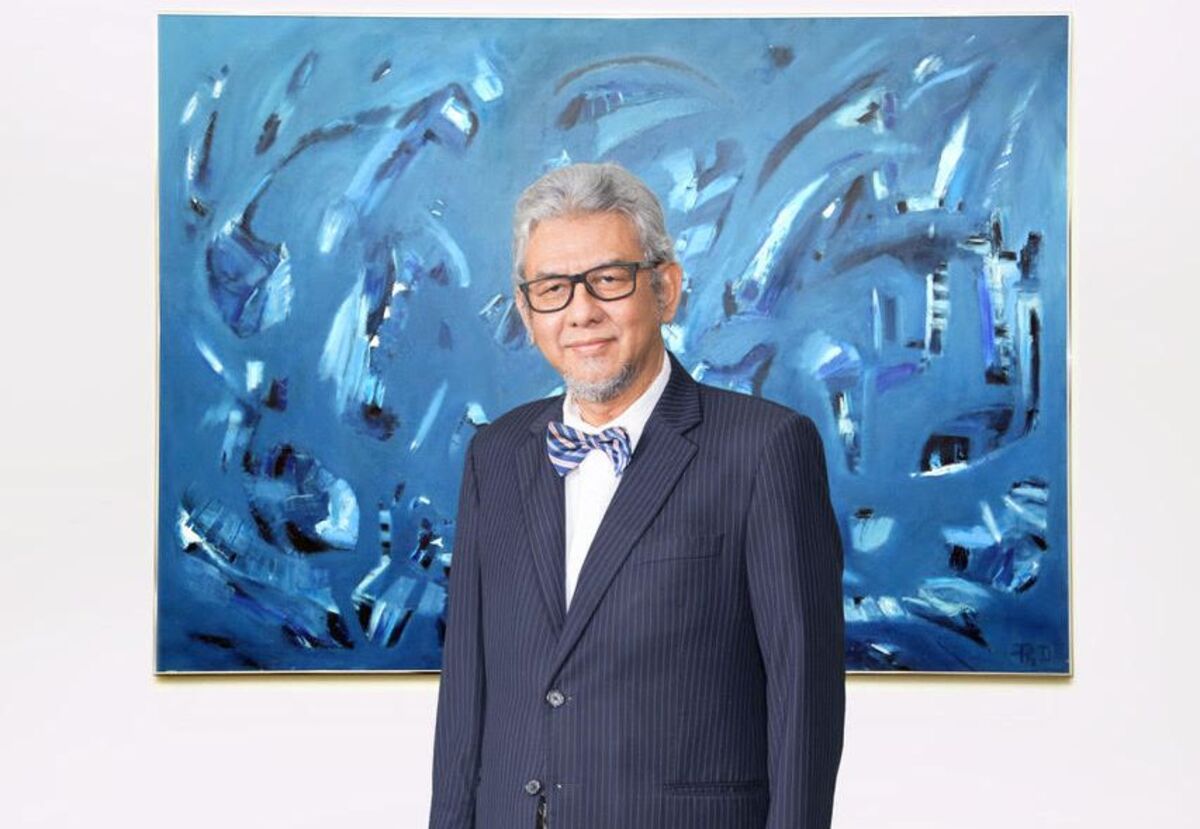KUALA LUMPUR, March 16 — The Malaysian Pharmacists Society (MPS) has called for fresh discussions on the tobacco and vape generational end game (GEG), after a revelation that the policy was dropped due to industry lobbying.
MPS president Prof Amrahi Buang expressed “profound disappointment” with the tobacco and vape industry’s influence on the decoupling of the GEG prohibition from the Control of Smoking Products for Public Health Bill 2023 that was later passed into law.
Deputy Health Minister Lukanisman Awang Sauni dropped a bombshell in Parliament last Thursday, revealing that tobacco and vape industry representatives had met MPs in the House and influenced the government’s decision to scrap GEG provisions that sought to prohibit tobacco and vape products for anyone born from 2007.
“This unfortunate development undermines efforts to protect public health and prevent future generations from the harmful effects of smoking and vaping,” Amrahi said in a statement yesterday.
“We urge the government to revisit the discussions around the GEG provision, considering the long-term benefits of such policies for the health and well-being of Malaysians. It is imperative that we adopt a transparent, evidence-based approach to policymaking, where public health interests are safeguarded against industry manipulation.
The MPS also urged the government to reinstate liquid nicotine into the list of scheduled poisons under the Poisons Act 1952, after then-Health Minister Dr Zaliha Mustafa declassified the addictive substance, in a veto against unanimous opposition from the Poisons Board, nearly a year ago on March 31.
Prof Dr Lokman Hakim Sulaiman – a public health professor at IMU University – said tobacco industry influence on the legislative process of Malaysia’s first-ever tobacco control Act was a “clear violation” of the World Health Organization (WHO) Framework Convention on Tobacco Control (FCTC) framework.
“To me, the revelation of industry interference is not shocking, confirming what we believed all along. But the act of revealing that in Parliament is very brave and I salute him for this,” Dr Lokman told CodeBlue.
He urged the government not to repeat its mistakes in drafting regulations under Act 852. Lukanisman has cited regulations like plain packaging for cigarettes, as well as standard packaging for vape and flavour restrictions.
“l believe all is not lost and we can still achieve our goals, as long as there is NO interference from cigarette and vape industries when drafting the regulations.
“The government, at the highest level, must make a strong commitment not to allow this to happen again. Otherwise, our membership in FCTC is just a mockery of the system.”
The Malaysian Women’s Action on Tobacco Control and Health (MyWATCH) pointed out that Article 5.3 of the FCTC, which Malaysia ratified nearly 20 years ago in 2005, clearly obliges Parties to protect public health policies from commercial and other vested interests of the tobacco industry.
“The recent exposè by the deputy health minister in Parliament is in absolute violation of the Convention that has brought shame to Malaysia,” MyWATCH said in a statement to CodeBlue yesterday.
“This confession also challenged the fundamental principles of the Madani government, whose slogan is good governance, sustainable development and racial harmony. Where is good governance when lawmakers are dictated by the very entity it is supposed to regulate?
“Tobacco and vape industries are in constant conflict with sustainable development, both in terms of human livelihood, as well as support for the environment. The economic costs and magnitude of the health burden from tobacco and vape in the long term could lead to chaos in society.”
Like Dr Lokman, the Manipal Alumni Association Malaysia similarly commended Lukanisman for his revelation in the Dewan Rakyat about the influence of Big Tobacco and Vape on the Control of Smoking Products for Public Health Bill.
“The medical profession has all the while been a vocal proponent of the GEG when it was first proposed and many had put their weight behind then Health Minister Khairy Jamaluddin when he worked on the proposed anti-smoking bill,” Manipal Alumni Association Malaysia president Dr Koh Kar Chai said in a statement to CodeBlue yesterday.
“As health care providers, we have been seeing the ill effects that tobacco has on countless people and we are now seeing the effects that vape has brought to us, especially among the younger generation.
“We thought that there would be light at the end of this long dark tunnel of suffering from the ill effects of tobacco, but we were devastated when the GEG component was removed from the anti-smoking bill.
“KJ suggests that the least the current government could do is to tighten existing regulations on tobacco and vape sales. To that I agree, but I still harbour the hope that there will be another minister who is willing to take this further and that something as impactful as the GEG will be proposed.”
Manipal Alumni Association Malaysia is an association for graduates of Manipal University from India and Malaysia.








